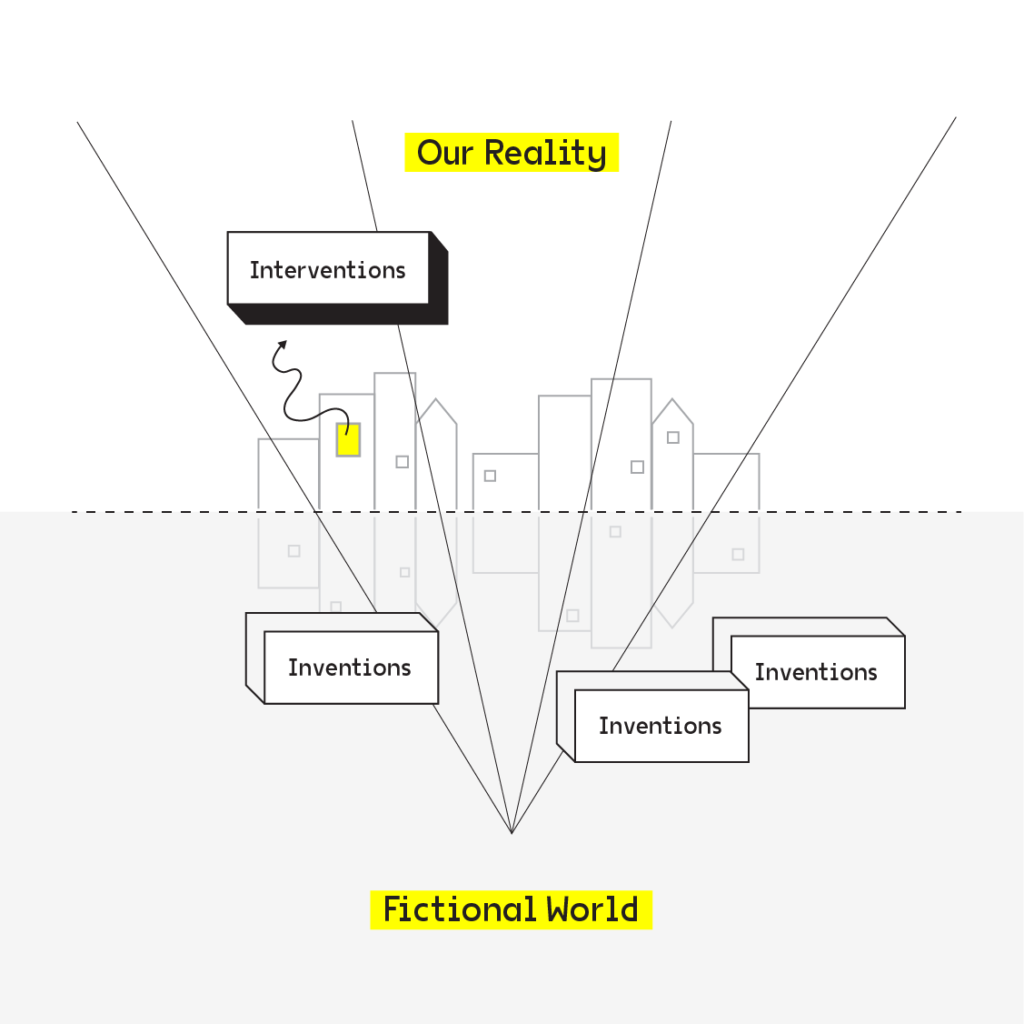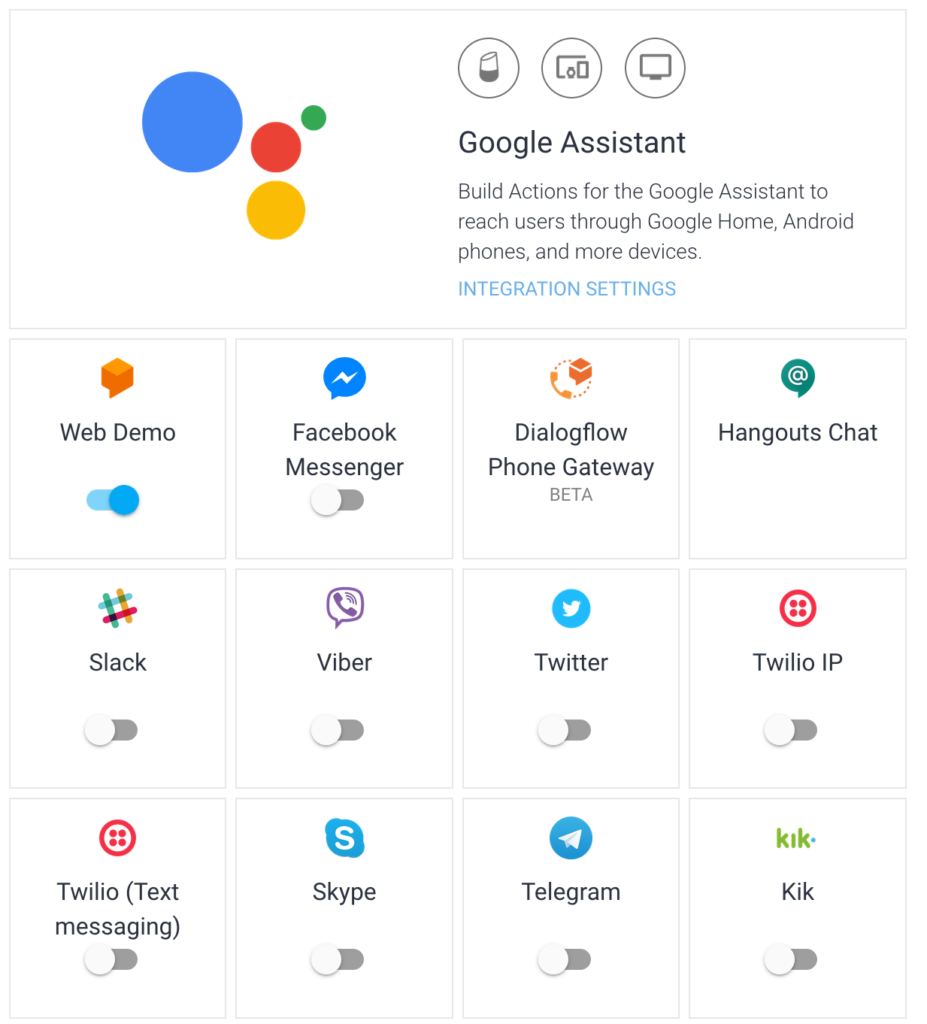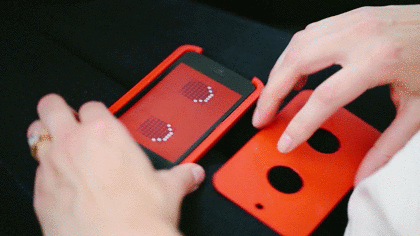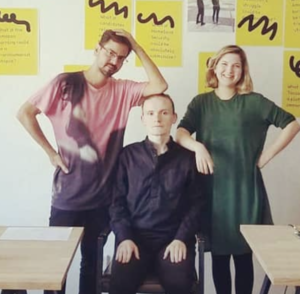Short Course
Critical Data Camp – Growing Disruptive Bots!
Ever wondered how you can build a chatbot to question the status quo?
The social implications of technology and its inner workings are shrouded in both paranoia and inequality. As creatives/creators, we often fail to reconcile our imagination with our reality. How can we decipher the algorithmic realities we encounter? How can we design interventions to change such realities? This 2.5-day camp is about helping creators cross this bridge between imagination and action, demystifying the technical aspects of data in the process.
Whom is this course for?
You’re a creative; a designer with an enthusiasm for the digital, or a programmer with an eye for the social. Perhaps you’re a researcher who is keen on taking a hands-on approach to tackle issues of algorithmic inequality.
Why a Critical Data camp?
Modern society is becoming increasingly data-centric; data now drives the way we work, how we’re governed and even how we experience love and intimacy. Since data is becoming ever-present and intrusive, it also gives life to a series of narratives and paranoias. Issues such as fake news, the surveillance state, job loss due to automation and the loss of physical connection have made their way to almost every conversation about tech in society.


Schedule
16:00 – 18:00 Party!
In this 2.5-day workshop, we aim to tackle such paranoia, as well as the myths and narratives which shape them. The workshop is then divided into three phases:
- The first phase helps the participant choose and examine an algorithmic reality which they want to change. The examination entails using design fiction to speculate about the kinds of futures which their reality enables and the interventions which are possible.
- The second phase is about building an inventory of critical data systems. How can we understand what’s under the hood of these systems? How can we repurpose these systems to make them more equal and inclusive?
- The last phase of this workshop will be about designing an intervention using conversational agents.
What you will learn
Soft skills:
- Critical literature on Algorithms
- Speculative Design
- Co-creative world building
Hard skills:
- Data collection and processing
- Dialogflow & conversation interfaces.
- Design fiction methodologies.

3-Day Agenda
DAY 01 – DECONSTRUCT YOUR ALGORITHM
How to choose an algorithm that you want to deconstruct? How to understand the implications of the algorithm and how to design for change?
During this day you’ll be prompted to choose an algorithm, deconstruct it, and then represent it in speculative role play game. Then you’ll invent a concept to change the reality which your algorithm produces.
- General Intro to Algorithmic systems and the realities in which they create.
- Critically Engage with one algorithmic reality of your choice.
- Map out the socio-technical implications of your algorithm
- Speculate about alternative futures of your Algorithm
1 – Choose algorithm / Map the reality you want to change
2 – Engage critically with one core element of what you chose
2.1 – Dark-side & exploring worst-case scenario
3 – Generating alternative scenarios. Concept cards.
4 – Create characters & LARP
5 – Invention concepts
DAY 02 – CULTIVATE CRITICAL DATA
What makes a dataset inclusive, intersectional and feminist? How to curate your own dataset? How to train your own chatbot, or turn a smart speaker into a character?
Day 2 has a series of interactive presentations on cultivating a ‘creative data literacy’. The presentations are then complemented with data curation, machine learning, bot making workshops that are meant to expand your inventory of data-driven tools.
6 – Creative Data Literacy
7 – Data Ontology & Intersectionality
7 – Fictional & Nonfictional data generation
8 – Hard skill: Introduction to Dialogflow
9 – Revisit inventions & Quick exercises using Dialogflow (chatbot, twitter bot, facebook messenger, etc)
DAY 03 – CREATE INTERVENTION
How do we create interventions that bring us closer to the algorithmic realities we envision?
Here we will design small maker-sprints where you can create a prototype that acts as an intervention to the speculative reality you envisioned on day one.
10 – Prototype (Physical + Digital)
11 – Hard skills complement (Dialogflow with integration)
12 – Digital Production
13 – Presentation for guests

Practical information
Location: Marineterrein Amsterdam, Gebouw 003C, Kattenburgerstraat 5, Amsterdam
Bring your own laptop with admin rights to install software
We are here to help you install the software half an hour before the start of the program
We can provide you an invoice after payment
Lunch will be provided
Any other questions? Ask Margreet Riphagen.
Costs
This course is available at a student price € 150, an ed2ed price of €300 for full-time teachers and researchers or €500 for private (non ed) participants. The higher cost will apply to participants working within corporate training or consultancy, or those who work for training companies.
Background
The Critical Data Camp will interrogate myths, narratives, and power dynamics around the “anti-human agenda” of our data-centric society. With this critical viewpoint on current data systems and its uses, participants will fabulate new possibilities for collecting and organizing datasets and envision inventions fueled by these possibilities. The over-reliance on data, which James Bridle calls “quantified thinking”, has come to undermine our ability to reason meaningfully about the world, and its effects can be seen across multiple domains.
Participants in the camp will cultivate literacy on critical topics, and on their roles as producer-consumer-designers of data cultures. Participants will explore ways to claim ownership and imagination around data. We want then to envision new possibilities when inventing/creating/designing things in hopes of moving us beyond deference and anxiety. We will end with conceptual and experiential prototypes which can range from strategies to intervene in our data-making structures, to playful twitter bots which can become active change agents in our realities.
Trainers
 Imagination of Things is a design fiction studio based in Amsterdam. They use narrative design and creative technology to unfold more imagination in our lives. They have been developing methodologies around design fiction, workshops and research-based projects with the European Commission (JRC), Baltan Laboratories (Eindhoven), MAMDT & iArts (Maastricht), and Le Shadok (Strasbourg). This workshop will have the participation of Vitor Freire (creative director), Monique Grimord (Design director) and Tom Power (creative technologist).
Imagination of Things is a design fiction studio based in Amsterdam. They use narrative design and creative technology to unfold more imagination in our lives. They have been developing methodologies around design fiction, workshops and research-based projects with the European Commission (JRC), Baltan Laboratories (Eindhoven), MAMDT & iArts (Maastricht), and Le Shadok (Strasbourg). This workshop will have the participation of Vitor Freire (creative director), Monique Grimord (Design director) and Tom Power (creative technologist). Abdelrahman Hassan lives on the intersection between software, critical theory, data, and poetry. His interests include memetics, internet geographies, technical utopias/dystopias and depictions of e-governance. His overarching goal is to bridge critical theory with digital practice and to limit accessibility gaps and hurdles to open access to knowledge.
Abdelrahman Hassan lives on the intersection between software, critical theory, data, and poetry. His interests include memetics, internet geographies, technical utopias/dystopias and depictions of e-governance. His overarching goal is to bridge critical theory with digital practice and to limit accessibility gaps and hurdles to open access to knowledge.